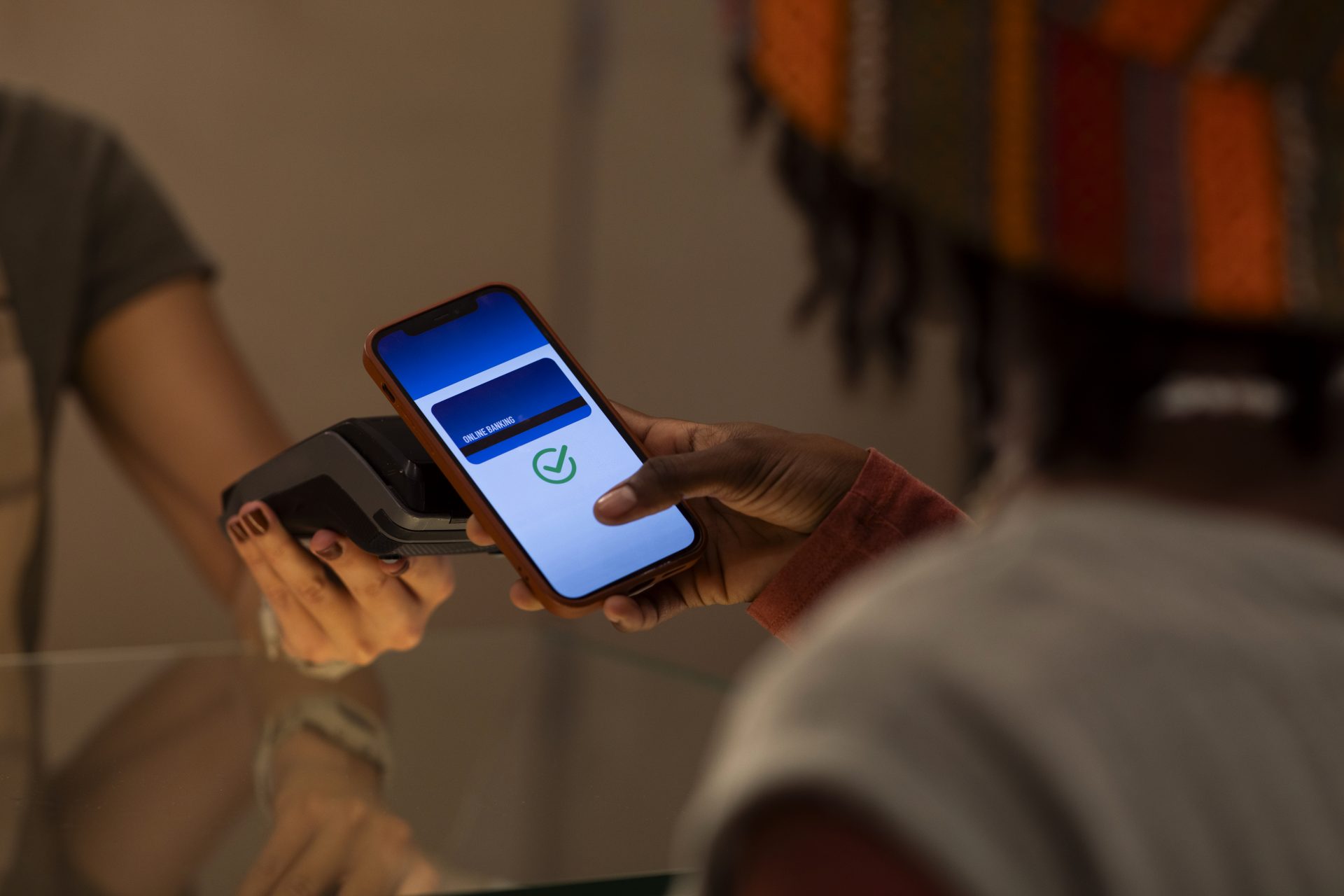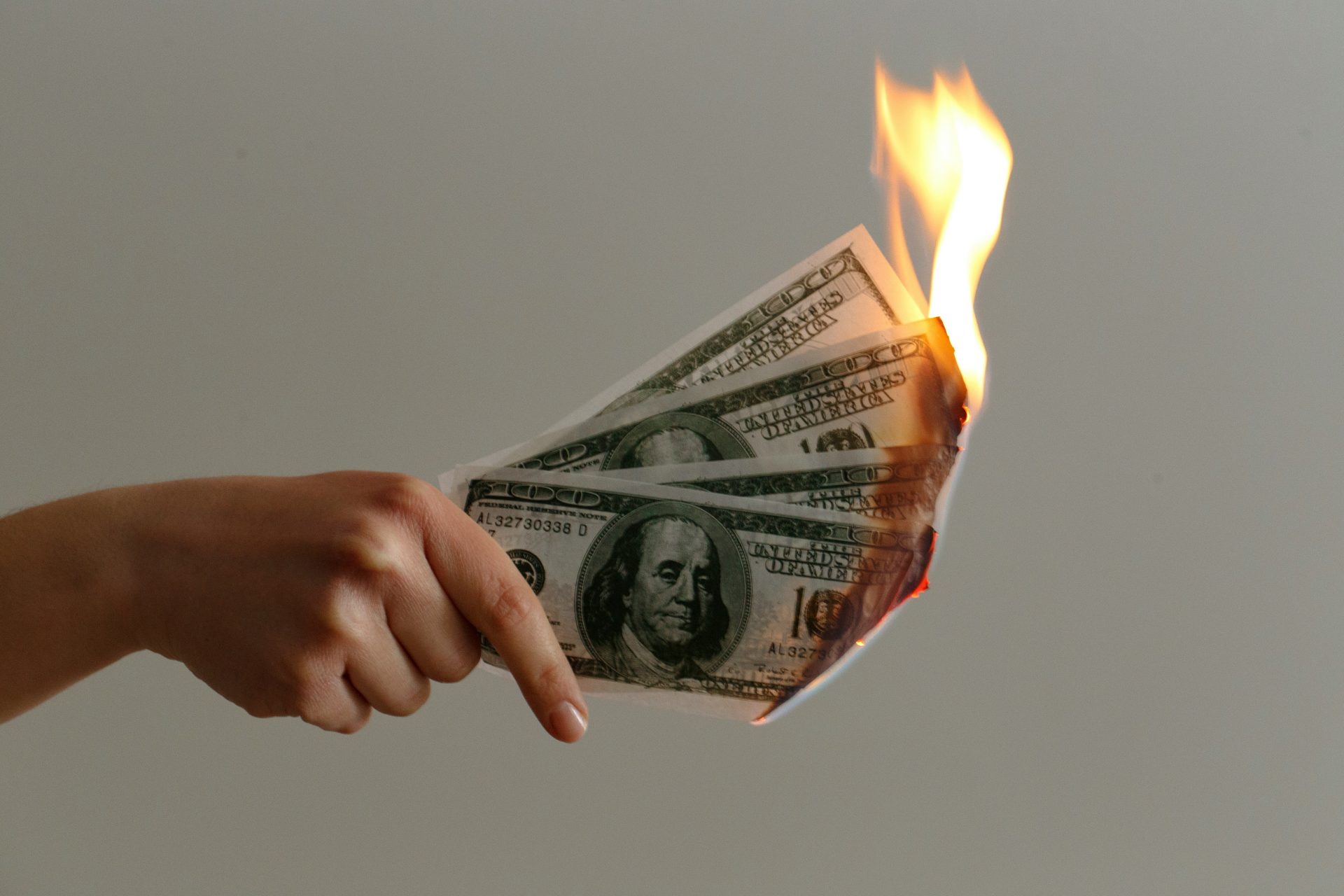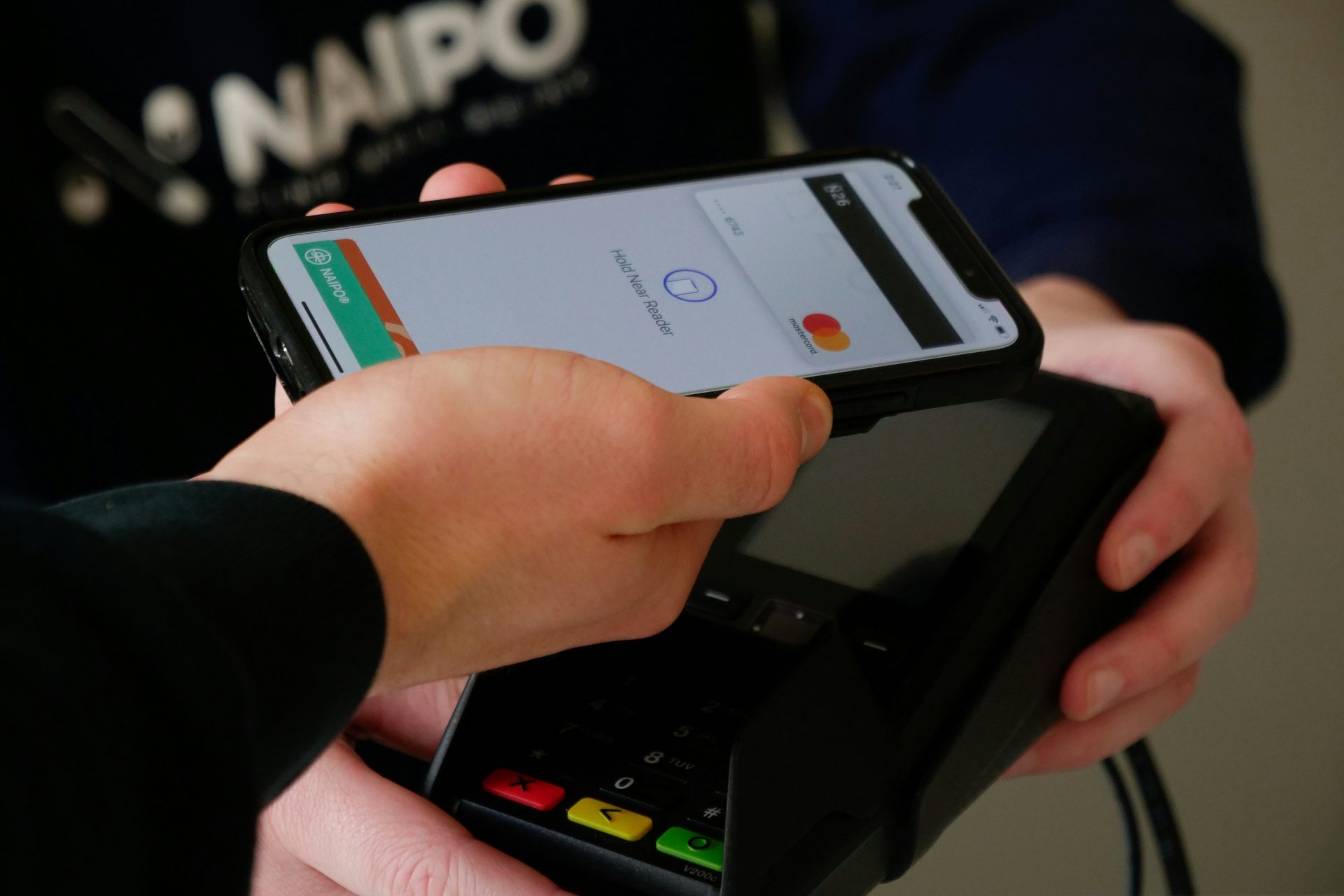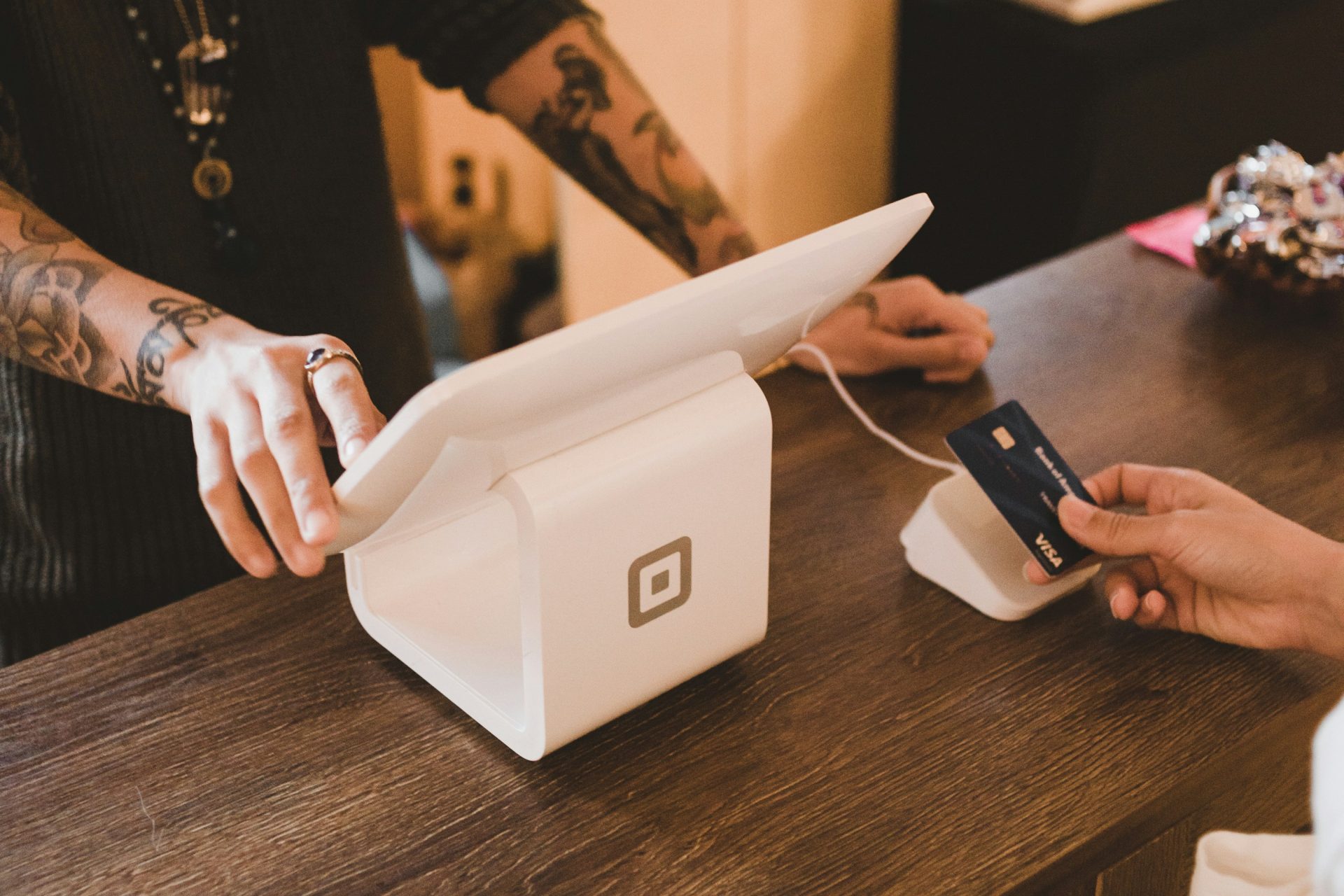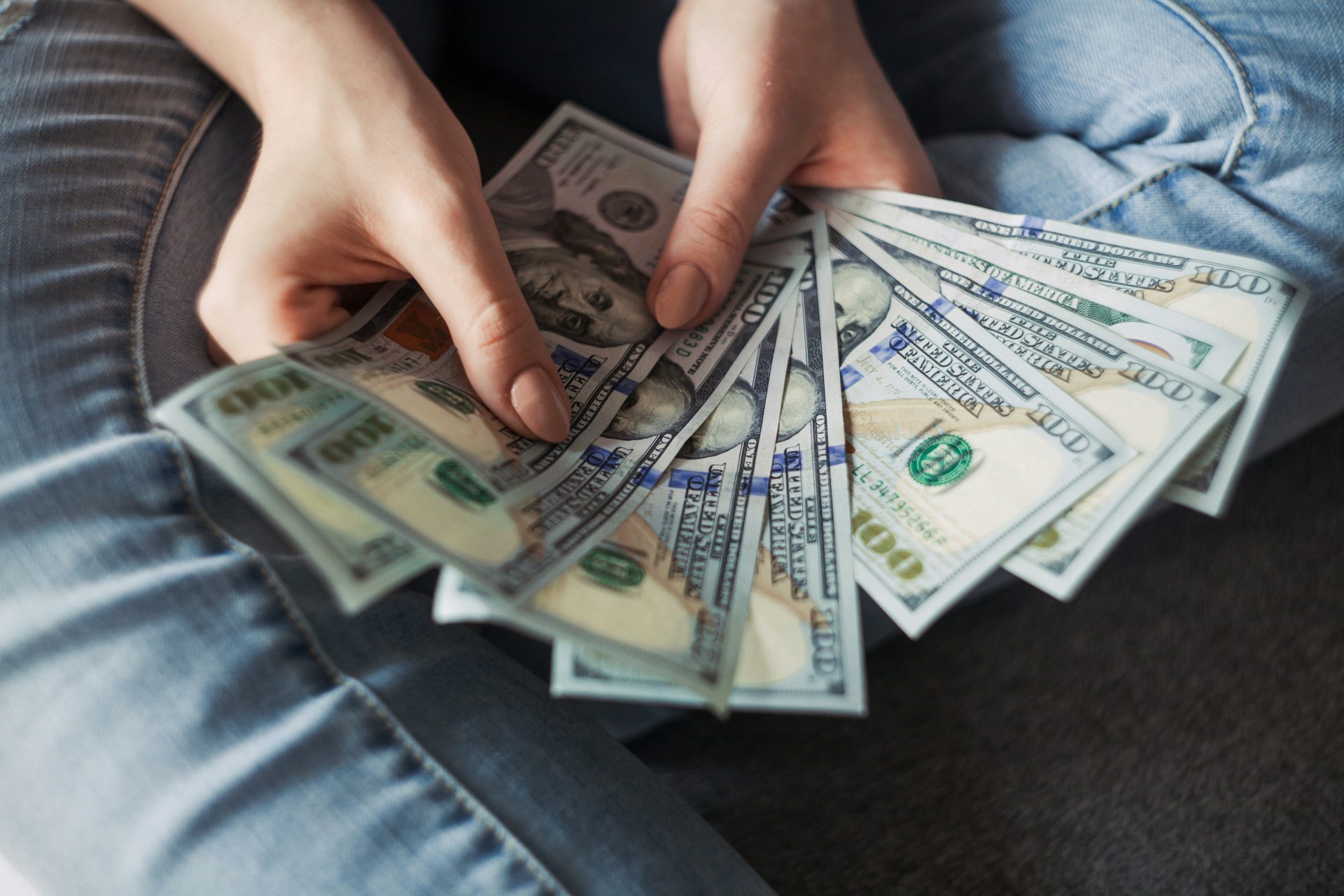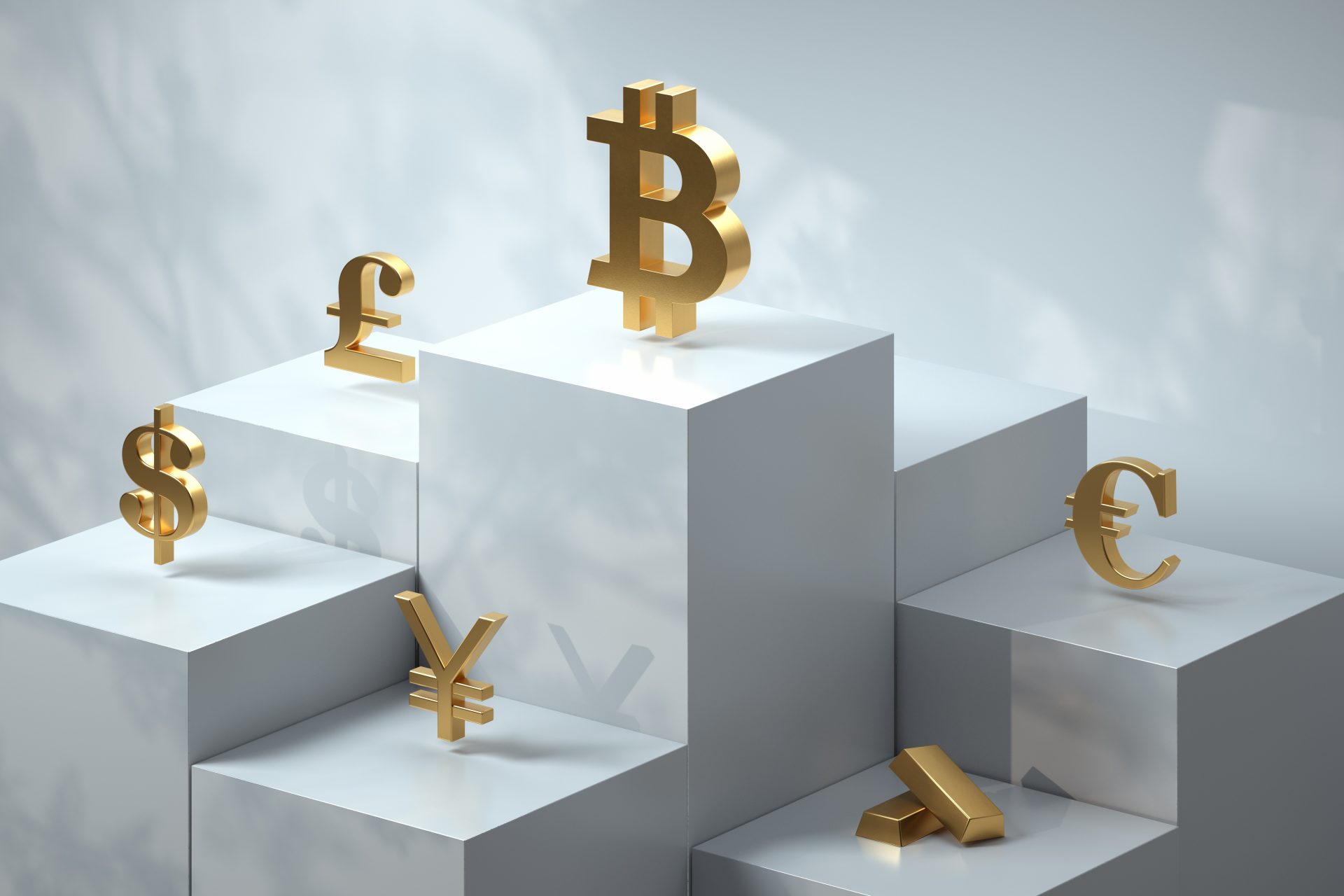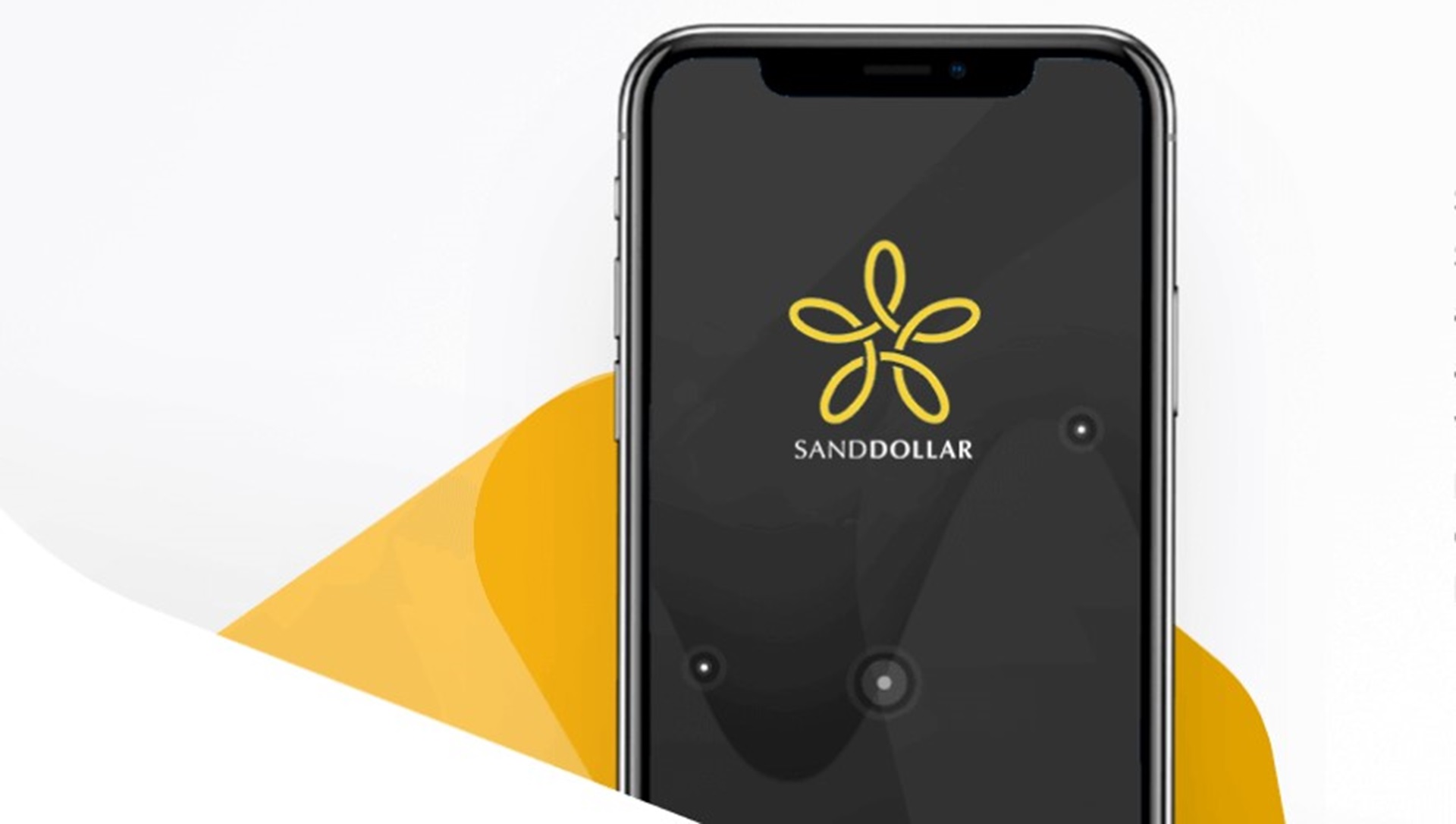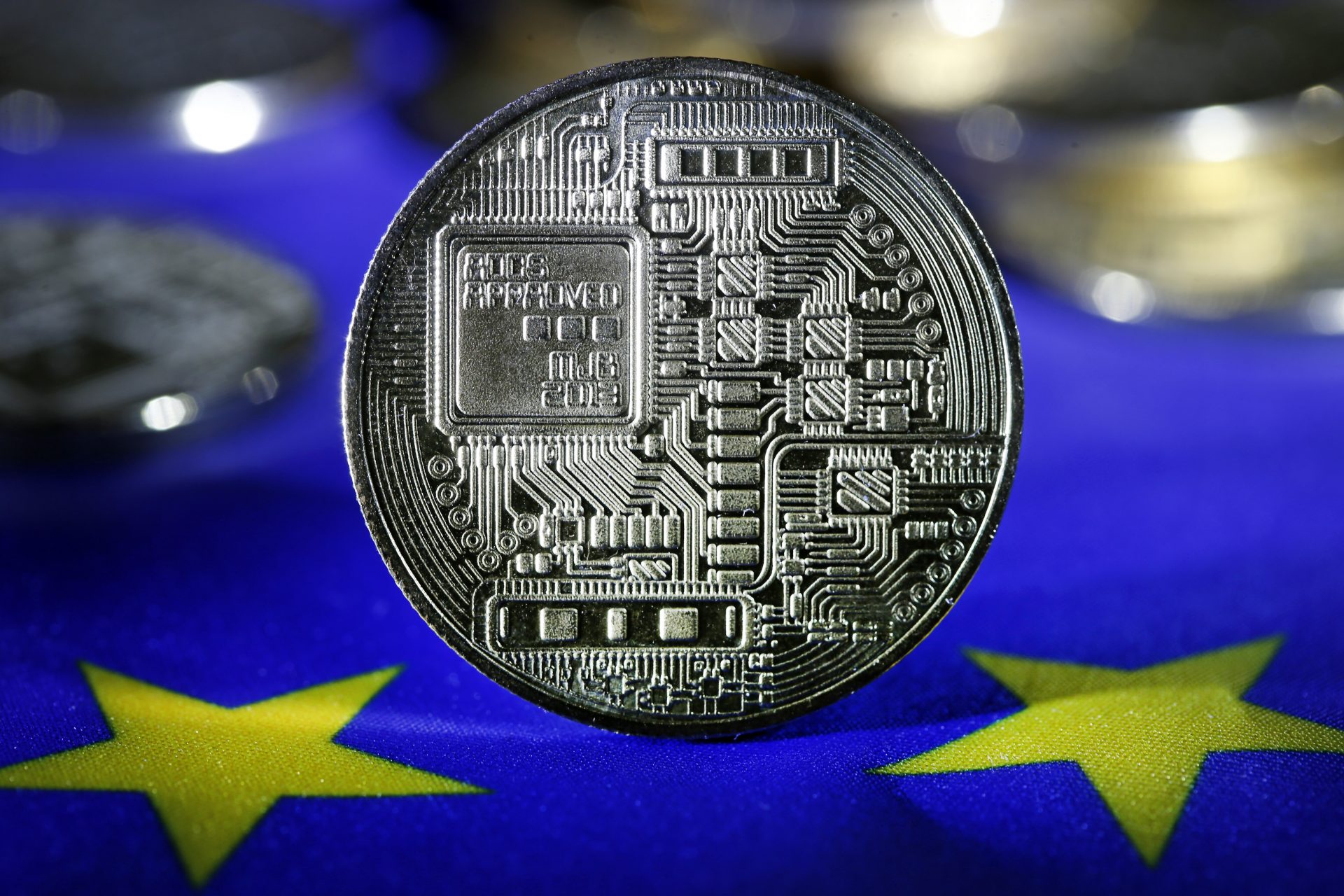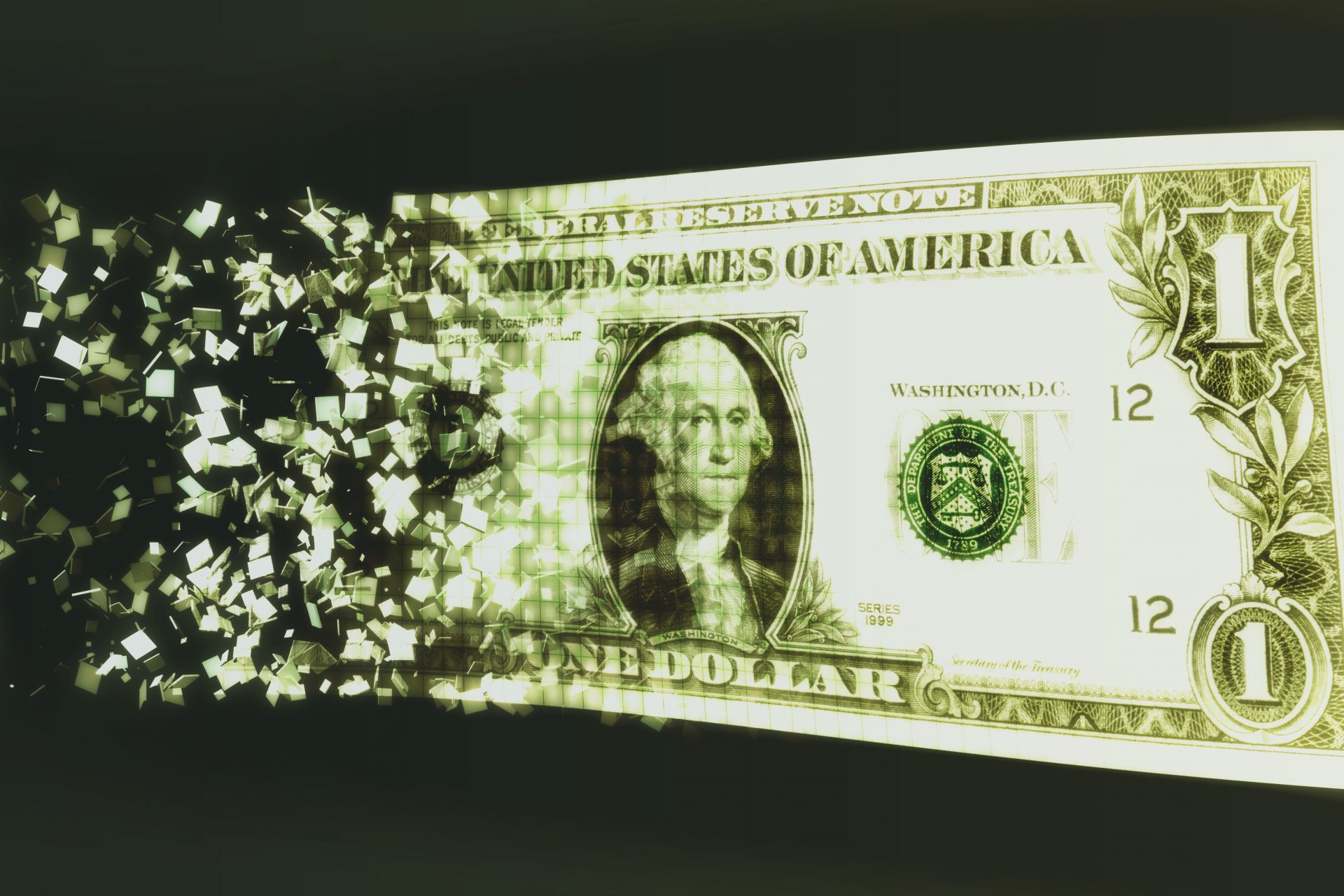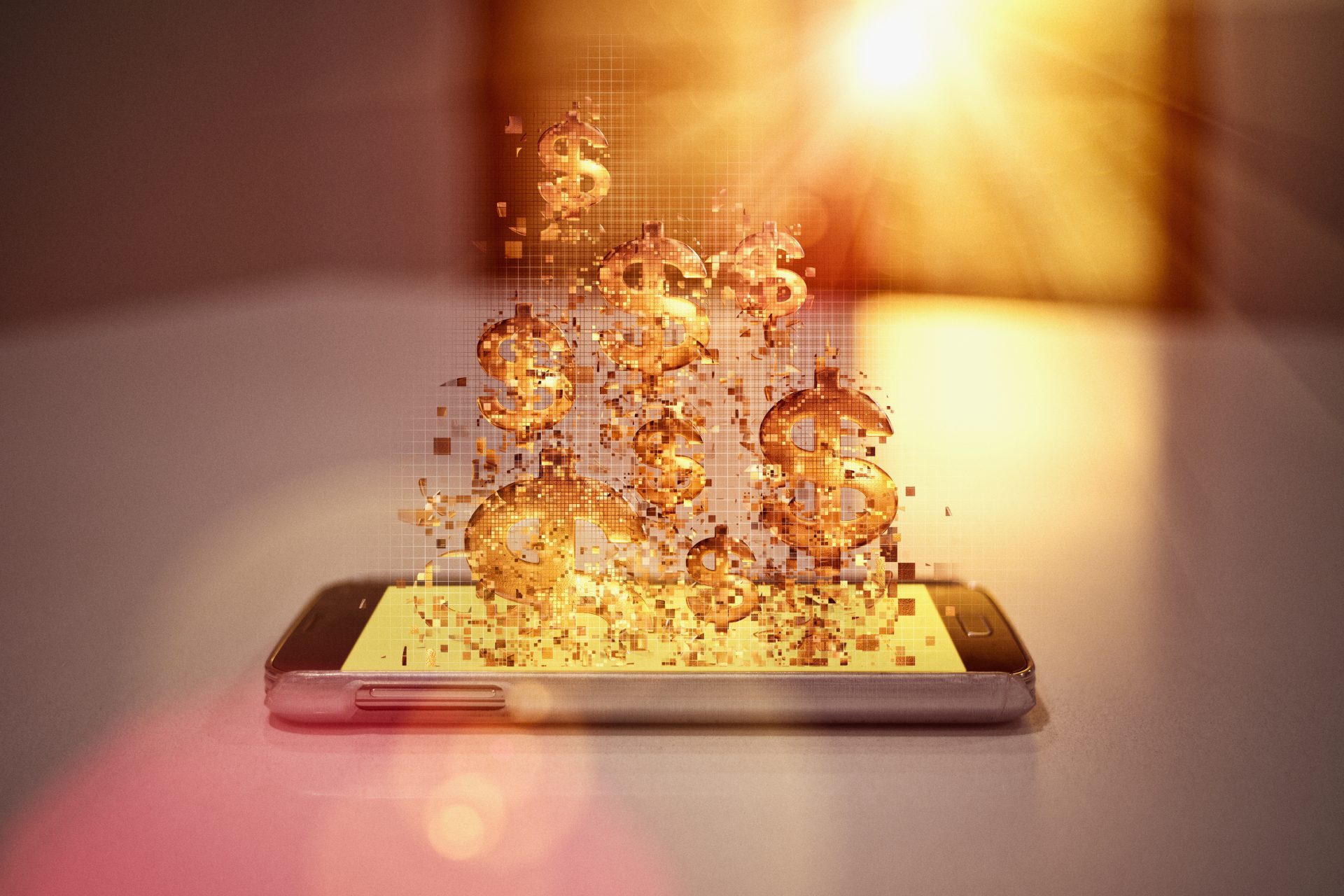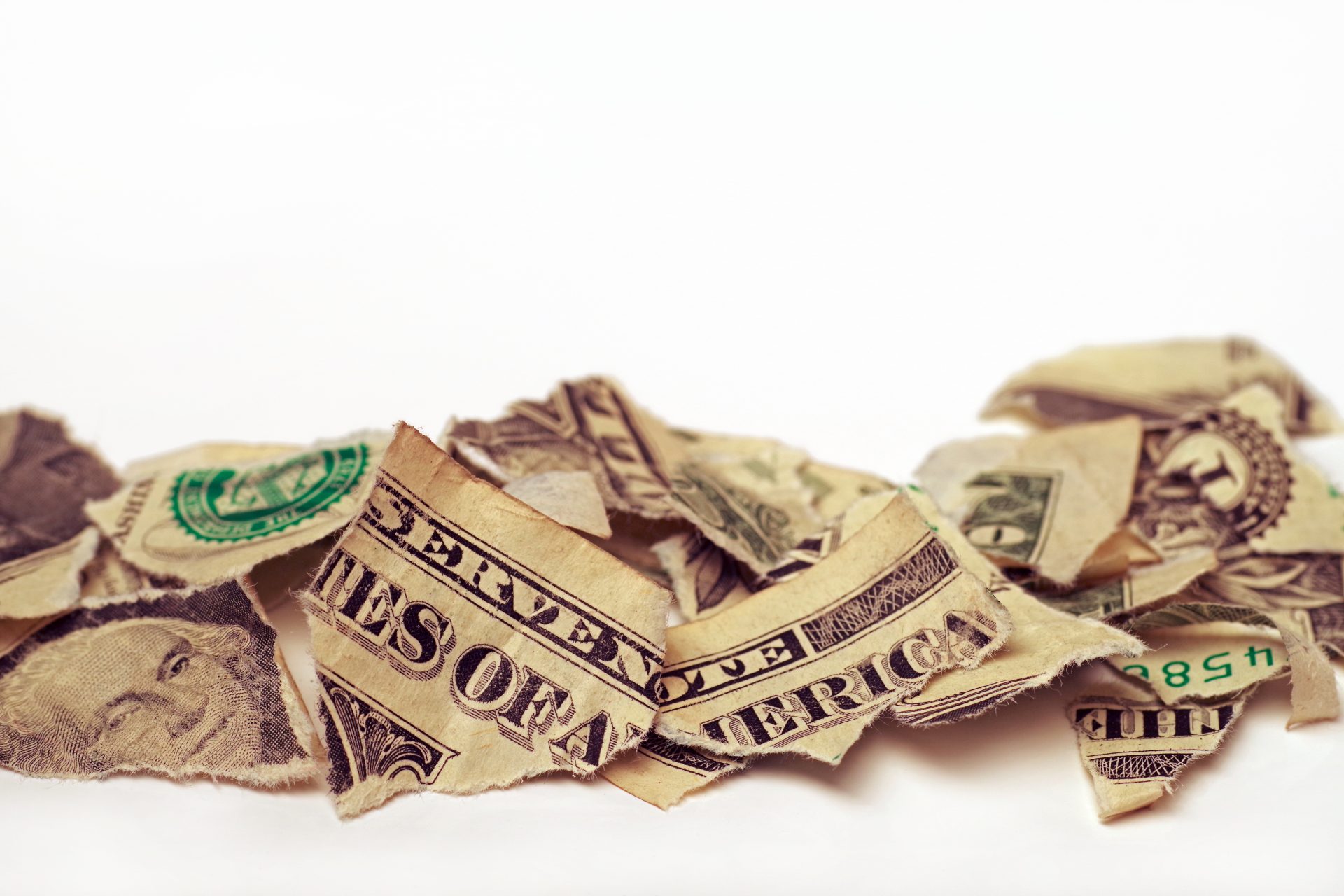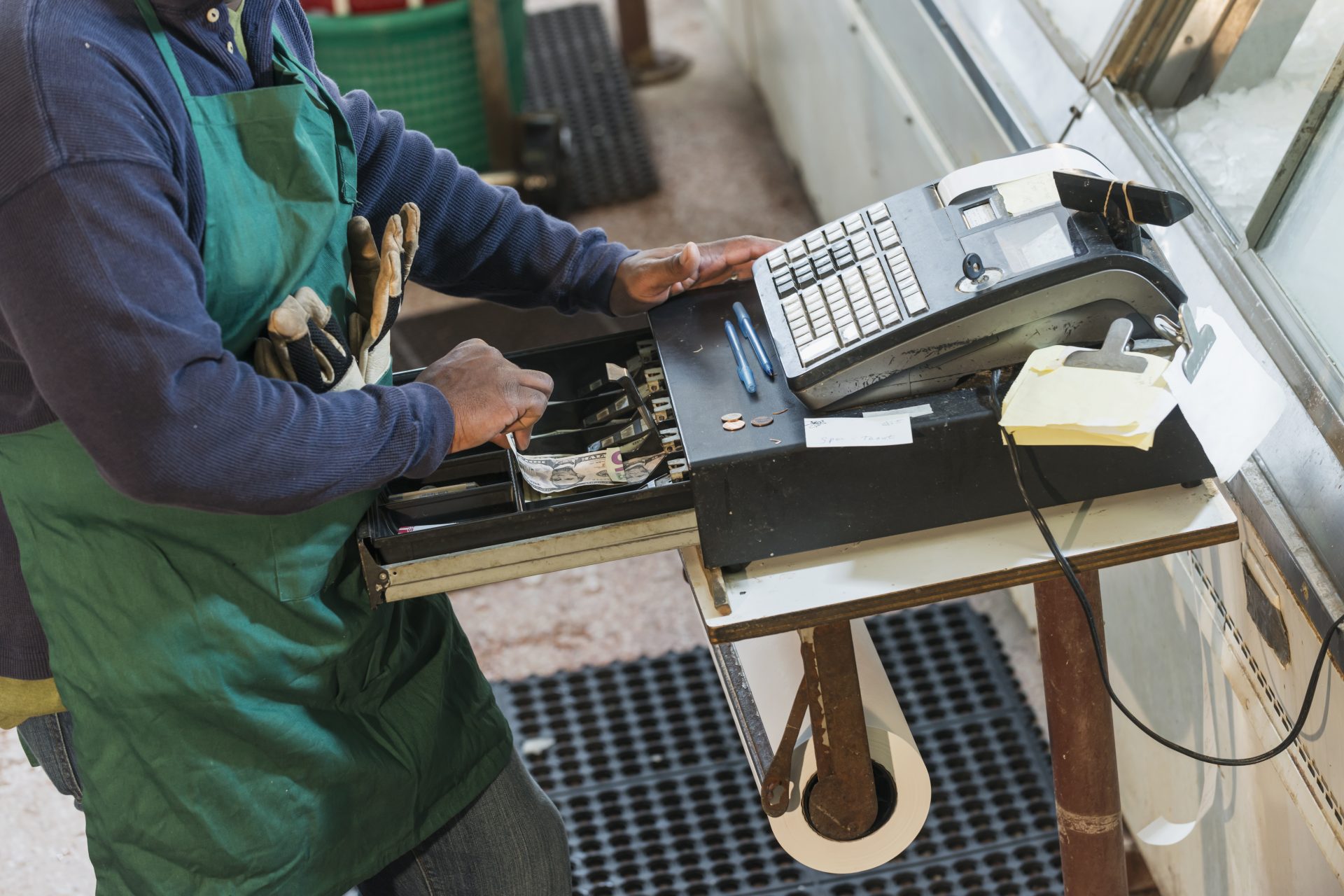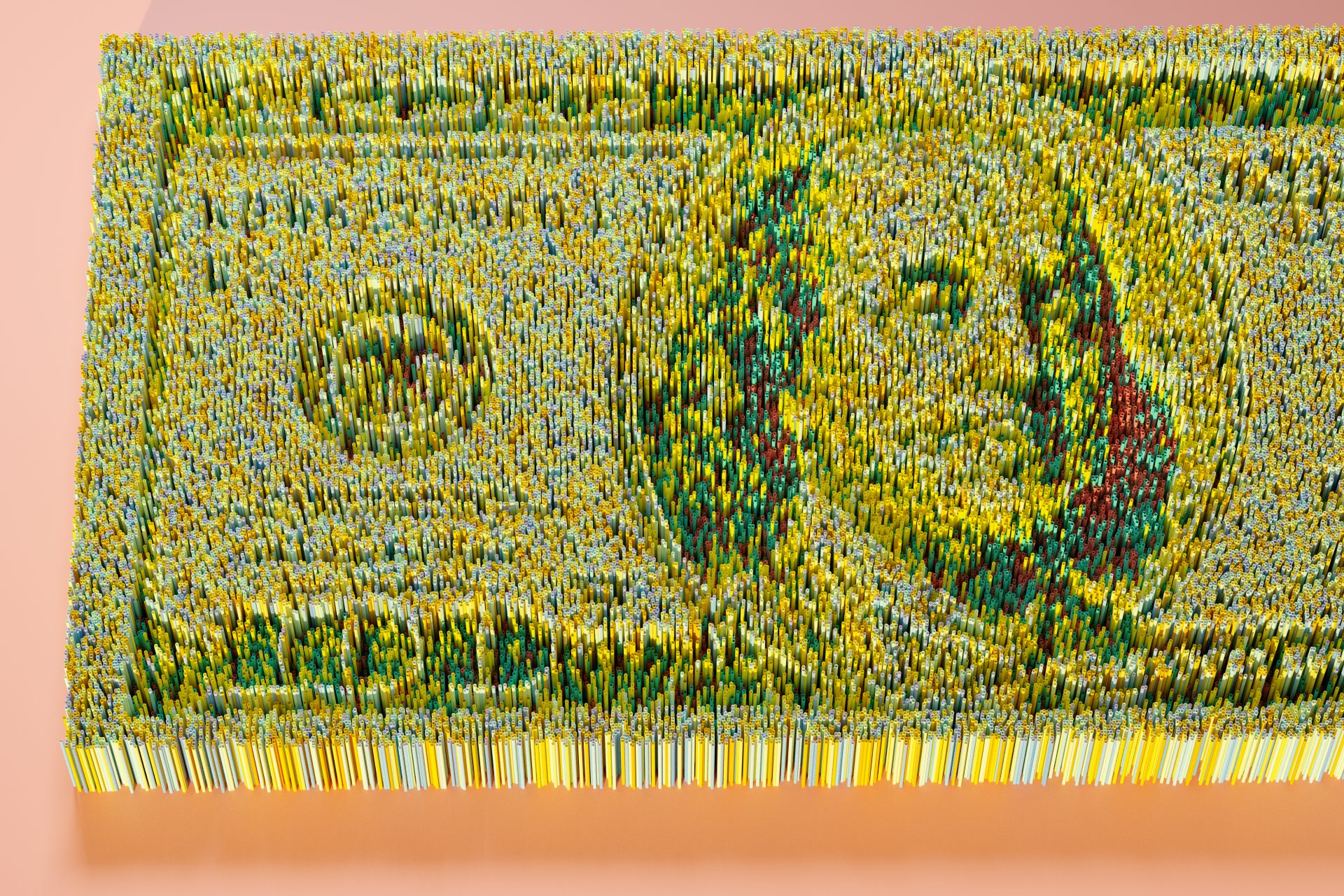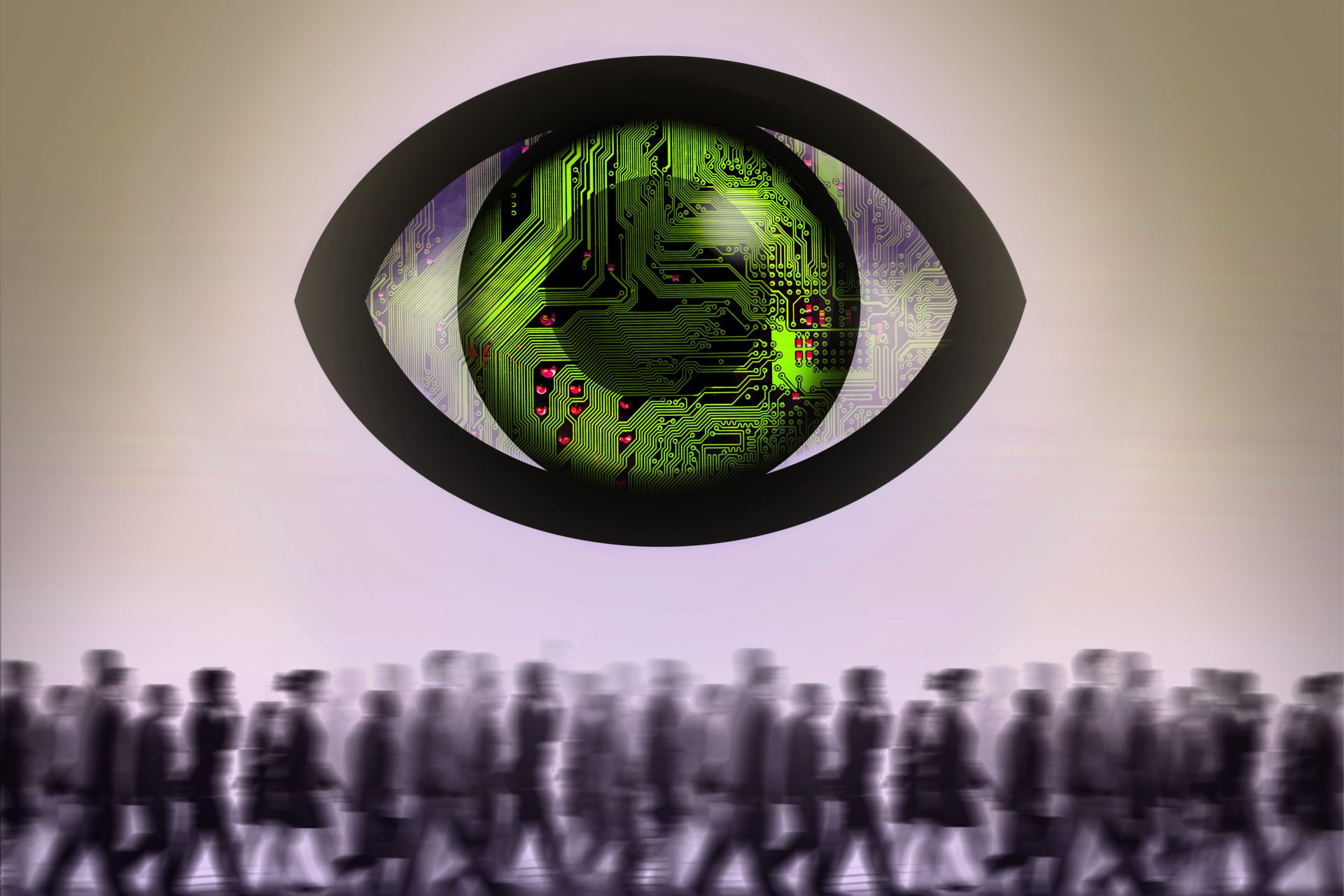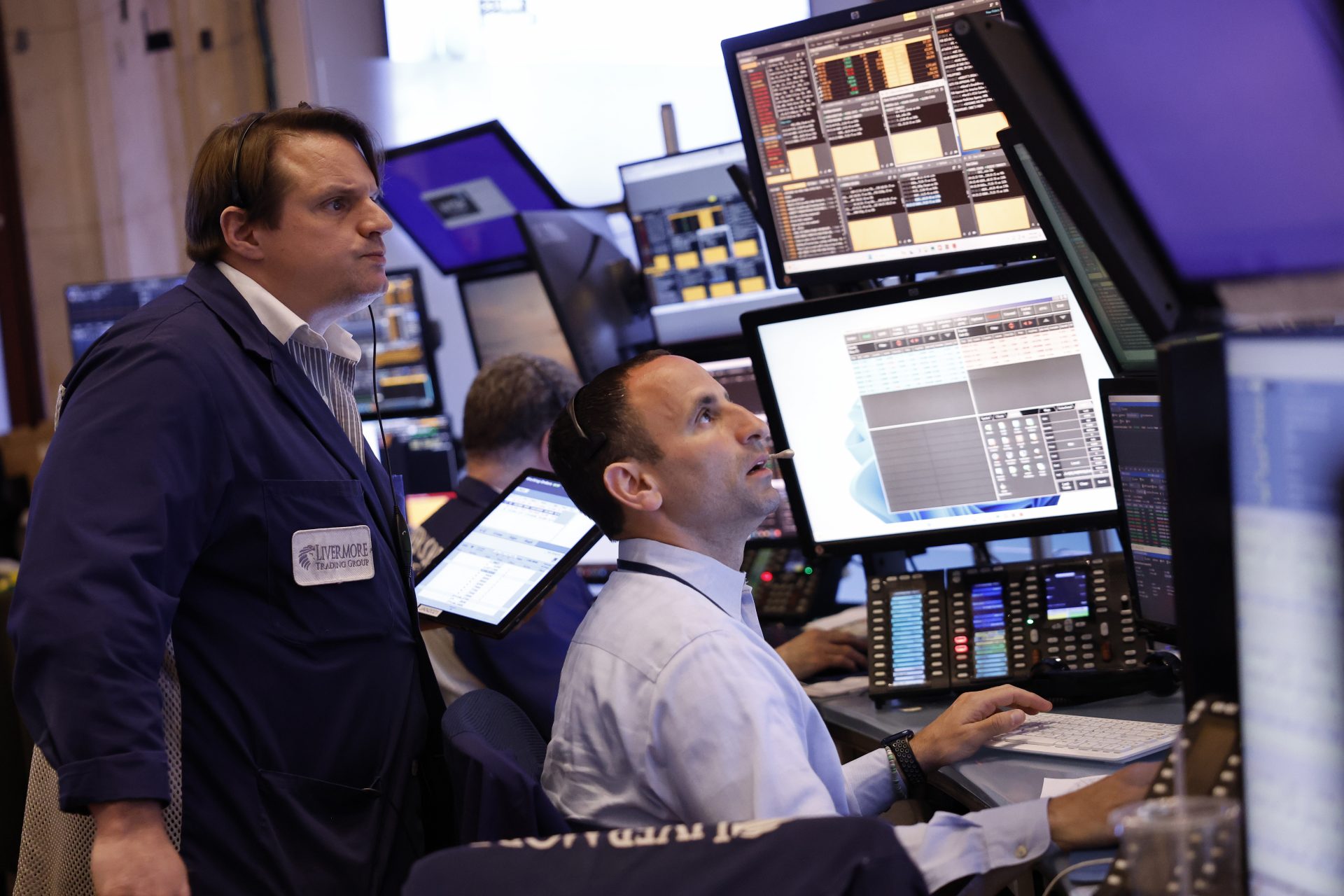Are you ready to live in a cashless world?
It's been happening slowly but surely for years now; digital payments are overtaking cash. Think about it: when did you last pay with bills and coins? Maybe you resist paying by card and pay with cash regularly, but for many, paying by card or with their smartphone has become the new norm.
So, are you ready to live in a cashless world? Is society ready to give up on physical money? Click on to learn more!
Photo by Jp Valery on Unsplash
According to data from the Pew Research Group, the number of Americans who opt to go cashless has increased tremendously in less than ten years.
Photo by naipo.de on Unsplash
41% of Americans say that NONE of their purchases in an average week are paid for in cash, according to data from 2022. That is a sharp increase from 2018 when only 29% of Americans said that during an average week, they only paid by card.
Photo by Clay Banks on Unsplash
As for those Americans who still want to physically touch their cold, hard cash, well the Pew Research survey found that the number of Americans who predominantly pay for things with cash is steadily decreasing.
Photo by Alexander Grey on Unsplash
In 2015, those who used cash accounted for 24% of the population, going down to 18% in 2018 and 14% in 2022. However, the study does highlight that in 2022, 59% of Americans still said that in an average week, they still used cash for some of their purchases.
Photo by Alexander Mils on Unsplash
An article from the New York Times highlights that central banks want to keep their money relevant, so they have begun experimenting with digital versions of their currencies, similar to Bitcoin. However, the difference is that they are issued by the state rather than by a private entity like Bitcoin.
Central banks hope to gradually introduce these digital currencies so that, eventually, they co-exist with cash. Then, as the population becomes more comfortable with them, the banks hope to do away with physical cash altogether.
According to the New York Times, the Bahamas was the first country to start using the first official digital currency in the world: the "Sand Dollar."
Photo: Central Bank of Bahamas
The International Monetary Fund reports that Jamaica and Nigeria have also introduced Central Bank Digital Currency and that over one hundred countries worldwide are exploring the possibility, including China, Japan, Sweden, the U.K., the European Central Bank, Brazil and even India.
As for the United States, the government seems a little leery about developing a Central Bank Digital Currency (CBCD). Rather quietly, in March of 2022, President Biden issued an executive order directing the Office of Science and Technology Policy to prepare a report on the risks and benefits of creating a digital dollar for the United States.
According to Forbes, at the moment, the Federal government is still weighing the pros and cons of a digital dollar. It has pilot tests and experiments underway to help decide what the limits and opportunities are with CBCD.
The benefits of digital currency are plentiful. As highlighted by Forbes, benefits of going cashless include ending cash-based criminal activity (say goodbye to money laundering) and no risk of physical damage to the cash.
There are plenty of benefits for retailers (no more counting out your money at the end of the day!) and quicker transaction times, which benefit retailers and consumers. Furthermore, consumers cannot lose digital currency as they can bills and have less risk of robberies.
But what about the risks? Do the benefits outweigh the problems with digital currency?
Risks include: Digital dollars could disrupt the current banking systems that are in place and electronic hacking is a real risk.
Photo by Arget on Unsplash
Even more concerning is the loss of privacy, all transactions could be audited and traced, and purchasing things anonymously would become a thing of the past.
So what do you think? Is the world ready to make the switch to digital currency? Would you be willing to give up cash forever?
More for you
Top Stories



